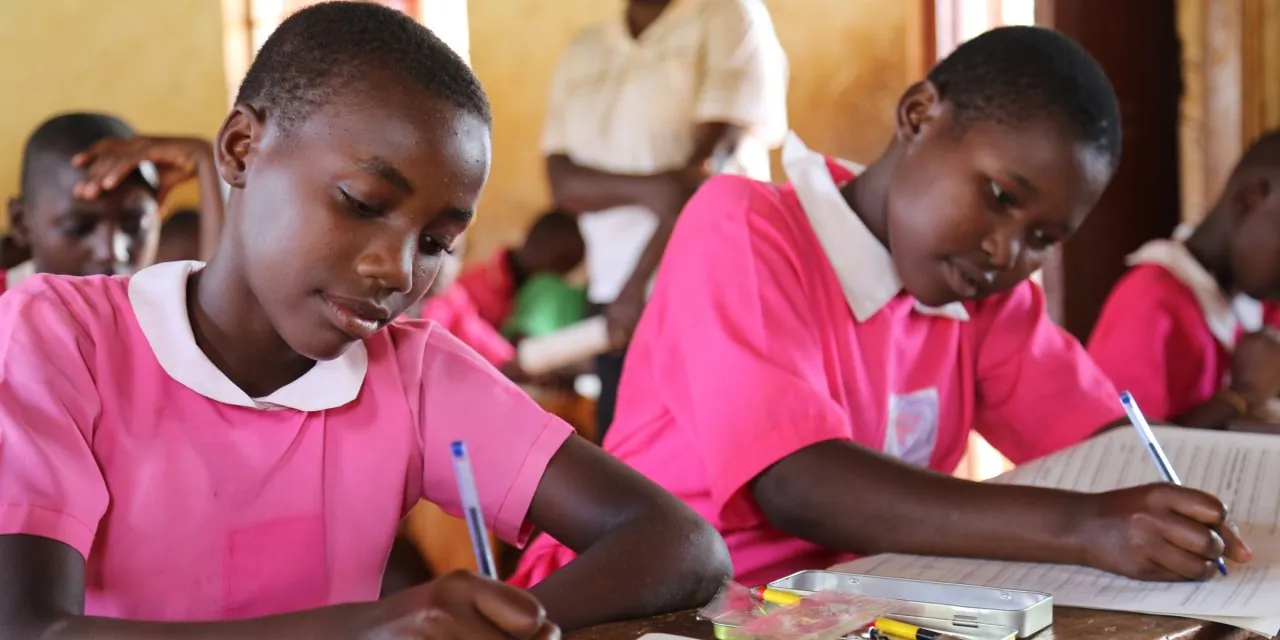Breaking Barriers: How Free Education is Changing the Face of Uganda

If you love literature books, stories & novel recommendations, find us YouTube
If you love literature books, stories & novel recommendations, find us YouTube
Imagine a world where every child in Uganda can go to school for free and learn the skills they need to succeed in life. Sounds too good to be true, right? Well, that’s exactly what the government of Uganda has been trying to achieve since 1997, when it introduced Universal Primary Education (UPE) and Universal Secondary Education (USE) for all Ugandan children. And that’s not all. The government also offers scholarships to students who excel at the advanced secondary level (‘A’ Level) and want to pursue higher education.
But what are the benefits of free education for the people of Uganda? How has it changed their lives and their society? Here are some of the ways that free education has made a positive impact on Uganda:
Access to education for rural children:
Before free education, many children in rural areas had no schools nearby or had to travel long distances to reach them. This made it hard for them to get an education, and it exposed them to many dangers along the way. But with free education, the government has built schools in every part of the country, making it easier and safer for rural children to attend school and learn the basics.
Empowerment for children from poor families:
Some parents in Uganda do not support their children’s education, either because of their beliefs or their financial situation. Some even kick their children out of the house if they want to go to school. But with free education, these children have a chance to pursue their dreams, regardless of their parents’ wishes. They can enroll in public schools and get the education they deserve.
Promotion of girl-child education:
In the past, many girls in Uganda were denied education because of cultural norms that valued them only for marriage and procreation. Some parents also used the cost of education as an excuse to keep their daughters at home. But with free education, the government has encouraged and enabled more girls to go to school and has also sensitised the public about the importance and benefits of educating girls. This has empowered many girls to achieve their potential and contribute to society.
Delay of early marriages and pregnancies:
Many boys and girls in Uganda used to get married or pregnant at a young age, often due to a lack of education and opportunities. But with free education, they have a reason to postpone starting a family as they focus on their studies and their future. Education also helps them to make informed decisions about their sexual and reproductive health and to avoid the risks of HIV/AIDS and other diseases.
Reduction of illiteracy and ignorance:
Before free education, many people in Uganda could not read or write or had very limited knowledge of the world. This made them vulnerable to exploitation, manipulation, and superstition. But with free education, they have acquired the basic literacy and numeracy skills, as well as the general knowledge and awareness that help them to improve their lives and their communities.
Abandonment of harmful cultural practises:
Some of the traditional practices in Uganda were harmful to the people, especially women and children. Examples include female genital mutilation (FGM), witchcraft, and rituals against twins and fornicators. But with free education, many people have learned to question and reject these practises and to embrace more progressive and humane values.
Creation of opportunities for talented students:
Uganda has many talented and gifted students who come from poor backgrounds. In the past, they had no chance to showcase their abilities or to access quality education. But with free education, they have been able to compete and excel in their studies and to win scholarships to study at prestigious universities, both locally and abroad.
Normalisation of education in society:
In the past, some people in Uganda hated or feared education because they saw it as a threat to their beliefs and values. They resisted or opposed the efforts to educate their children or themselves. But with free education, education has become the norm and the expectation in society. More and more people have embraced education as a right, a duty, and a means to achieve their goals and aspirations.
Free education in Uganda is not perfect. It faces many challenges, such as corruption, poor teaching standards, and inadequate resources. But it is also a remarkable achievement and a powerful tool for social and economic transformation. It has touched and changed the lives of millions of Ugandans, and it has given them hope and opportunity for a better future.
 English
English French
French German
German Russian
Russian 中文
中文






